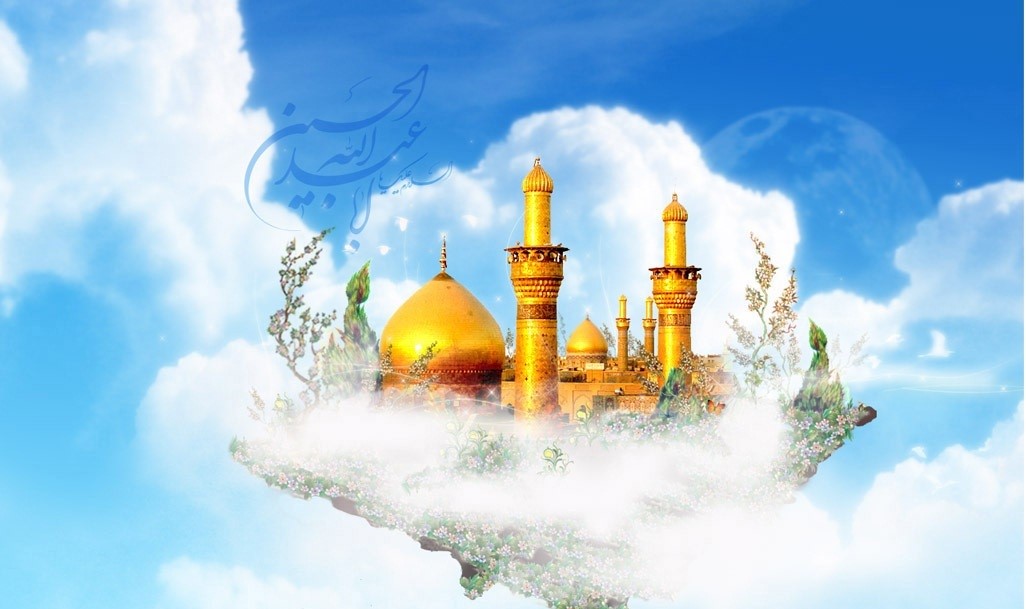Muharram is one of the most significant festivals in the Muslim calendar, this annual observance marks the beginning of the Islamic New Year and is a time of remembrance and reflection, according to Inews.co.uk.
Muharram occurs in the first month of the Islamic calendar. The general meaning of the word Muharram can be translated as “banned, forbidden, prohibited or illicit”.
Celebrations begin after the sighting of the new moon on the last day of the Islamic calendar and continue for 10 days. The tenth day of Muharram, known as the Day of Ashura.
Shia Muslims mourn the martyrdom of Husayn ibn Ali, the grandson of the Islamic prophet Muhammad, who was killed alongside his family in AD 680 after refusing to pledge allegiance to the dominant Umayyad ruler, Yazid.
Husayn’s actions are believed to have been decisive in shaping Islamic history, during a challenging period. His resistance to the Umayyad dynasty is viewed as a symbol of resistance against oppression and injustice. Historical figures such as Nelson Mandela and Mahatma Gandhi have cited Husayn’s stand as an example in their own fights against persecution and harassment.
For Shia Muslims, however, Muharram is a solemn period of mourning, prayer and abstinence from joyous events. Shia Muslims do not tend to fast on the Day of Ashura, but some will not eat or drink under Zawal (afternoon) as a sign of respect with Husayn. In addition, Shia Muslims often read the Ziyarat Ashura on this day, a salutary prayer.
Some Shia Muslims also participate in mourning rituals. This can involve gathering at the mosque to lament Husayn’s sacrifice, while others may engage in public rituals, such as chest-beating and self-flagellation. The customs and rituals associated with Muharram vary between different communities and countries, however.

